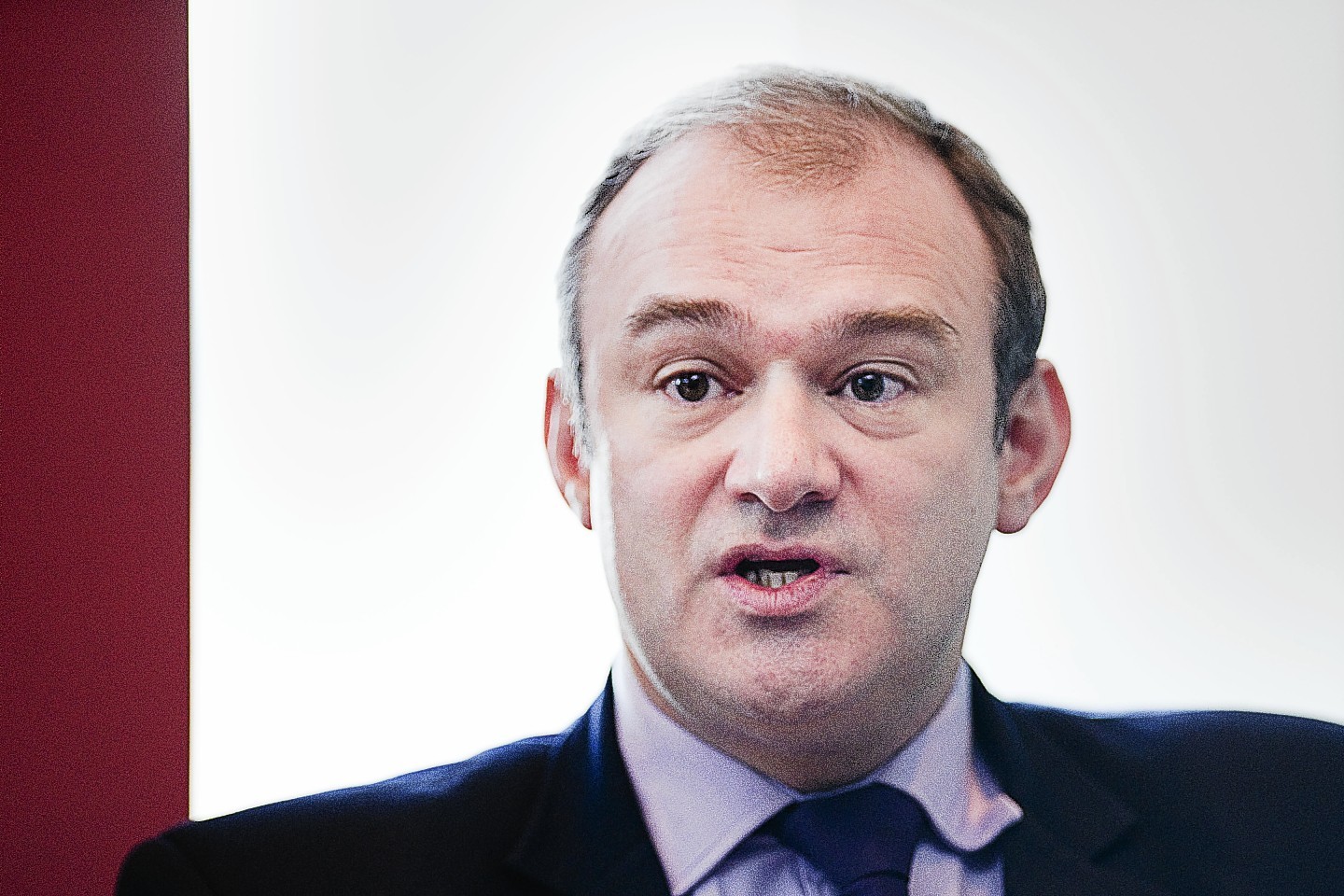The so-called “big six” energy suppliers are overcharging millions of loyal customers by up to £234 a year, according to the early findings of a competition inquiry.
The Competition and Markets Authority (CMA) said the power giants are squeezing bigger profits from the poorer and less well-educated consumers who tended to be stuck on more expensive standard deals.
Energy Secretary Ed Davey reacted to the report by warning that he would “not flinch” from breaking up the firms if that action is recommended at the conclusion of the CMA investigation, which was launched last year.
The regulator’s findings showed 95% of the UK’s 19 million dual fuel customers – those who take gas and electricity from the same company – could have saved between £158 and £234 by switching tariff or supplier.
The CMA said the Big Six had consistently charged higher prices for standard variable tariffs (SVTs) than for other deals such as fixed tariffs.
This provided “some support for the view that these suppliers can segment the market and price discriminate”.
Mr Davey said: “If the evidence from the CMA is strong that the next step ought to be breaking up a company, if the Competition and Markets Authority recommend that, we would not flinch from taking that tough action.”
Labour’s Shadow Energy Secretary Caroline Flint said: “This report confirms that Britain’s energy market is broken and that radical action is needed to protect consumers.”
SSE chief executive Alistair Phillips-Davies said: “It is in everyone’s interests that we have a trusted energy market that not only works for customers but is seen to do so.”
Richard Lloyd, executive director of consumer group Which?, said: “Consumers will be looking to politicians of every party to set out how they’ll deliver fair and affordable energy prices in the future.”
Mark Todd, director of comparison site energyhelpline.com, said: “We aren’t surprised by these early findings by the CMA. Loyalty, quite simply, does not pay.”
Gillian Guy, chief executive of Citizens Advice, said: “The market is not working if the burden is entirely on consumers to switch for them to benefit from falling wholesale costs.”
